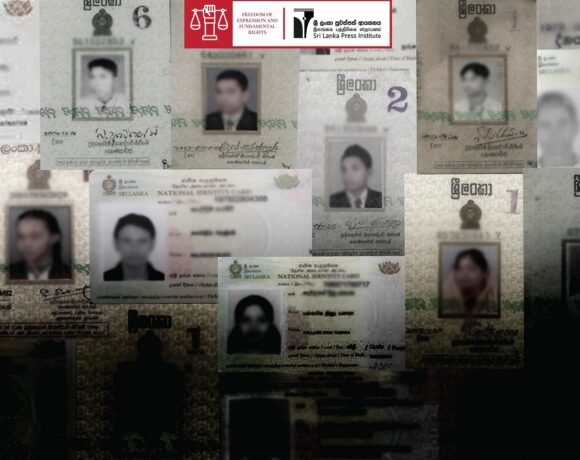Naveen Silva
It has been a year since the word “Online Classes” came to play a big role in Sri Lankan society. According to various reports published, Sri Lanka is in a good position for higher education students when transitioning to online education from physical lectures. As per a survey done for an ADB report, more than half the respondents were able to access online learning materials. However, the question remains as to whether the same applies to school children. It has been much of a controversy here as every part of the country doesn’t have access to the basic infrastructure needed to access online education.
In certain rural areas of Sri Lanka people still use kerosene oil to light their homes without access to electricity. For such people, distance learning is a distant dream. The news has also indicated how much of a struggle students must overcome just to connect to a lecture or class. Sometimes they have to go far away from their homes to catch the signals amid risks of wild elephant attacks. It’s not only this pandemic that worsens access to education, but in some areas, even when it rains, students find it hard to study due to the dilapidated state of school buildings. With the outbreak of this virus, access to education has been hit hard amidst all the other prevailing issues. There was a time when giving tablet computers to students was seriously spoken about. Unfortunately, this idea was so politicized and no real action was taken to implement this.
These collective issues will eventually lead to a lower university/higher education output and intake. When considering educational statistics, over the span of the last 30 years there has been a gradual decline of attention being given to enhancement of school education. In 1990, expenditure on education as a percentage of government expenditure was 10.62% whereas in 2019 it was 10.45%. New admissions in 1990 was 387,314 whereas in 2019 it was 328,776.
Considering these statistics, we can observe a clear picture of the current state of the Sri Lankan education system. With the emergence of Covid-19, the issues have been exacerbated. It is high time for the relevant officials to take appropriate steps to immediately improve rural education, and thereby enhance the output. In doing so, it is of high importance to pay attention to developing the basic infrastructure such as electricity, water, telephone connectivity etc.
We have no idea of how long this pandemic will prevail or if it will worsen in the future. Therefore, let’s raise our voices to protect the future of our students and in turn the future of the country.









